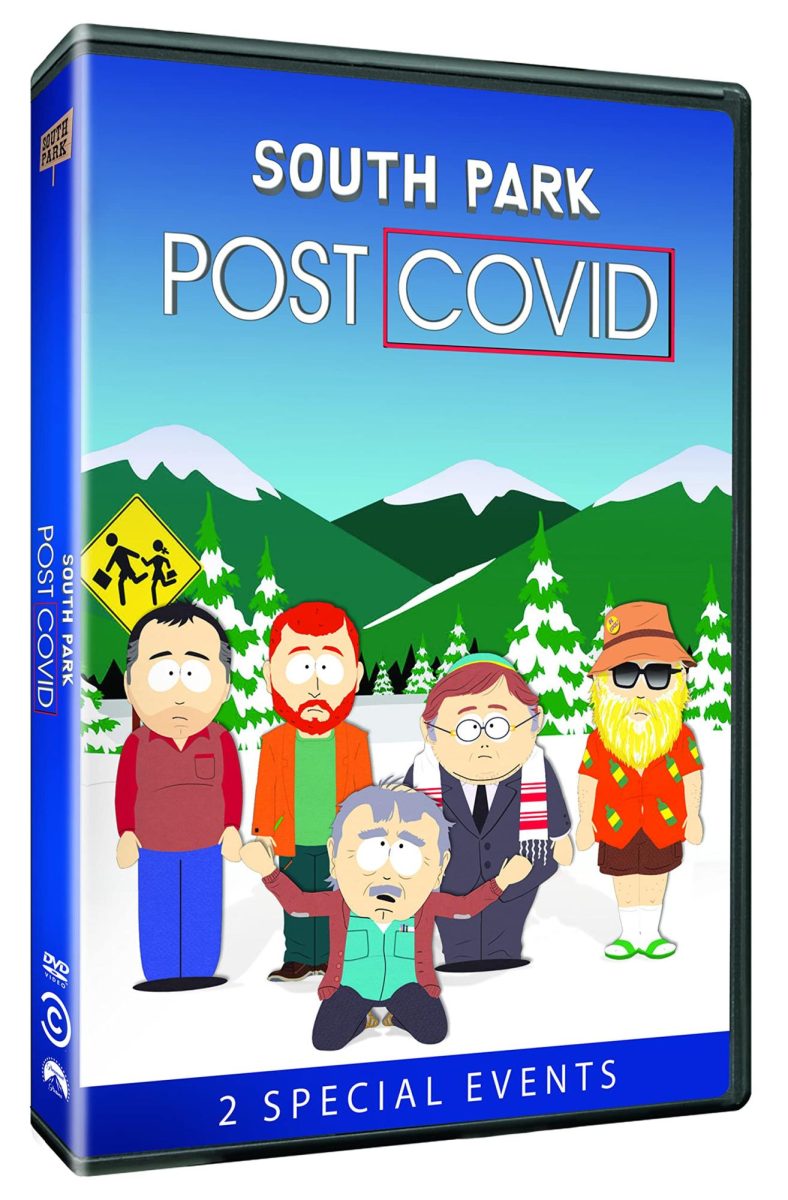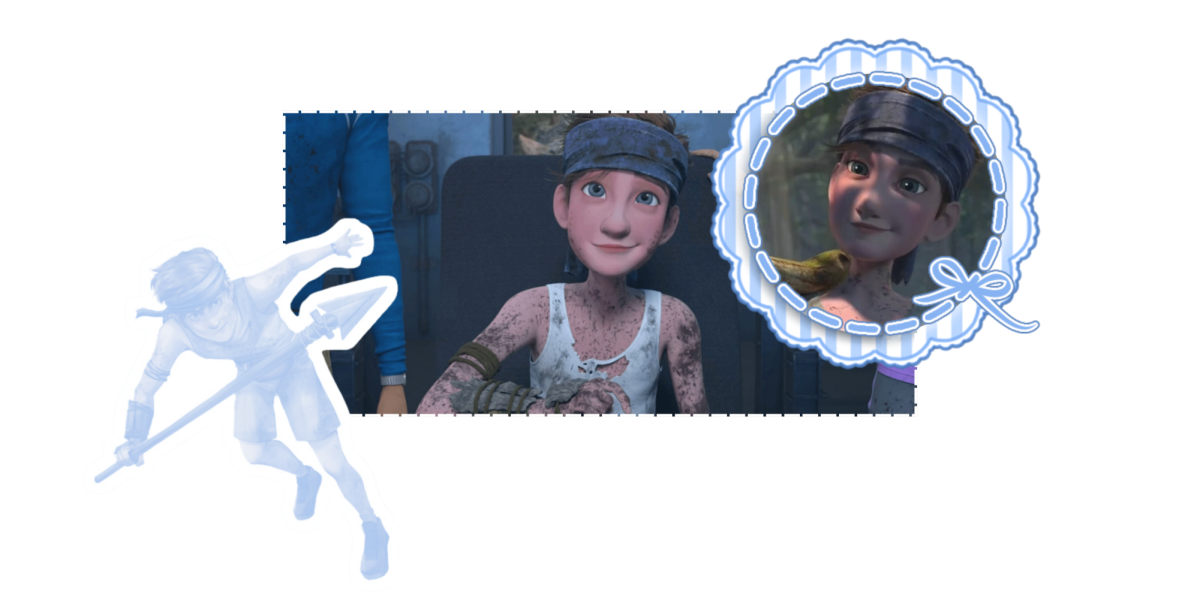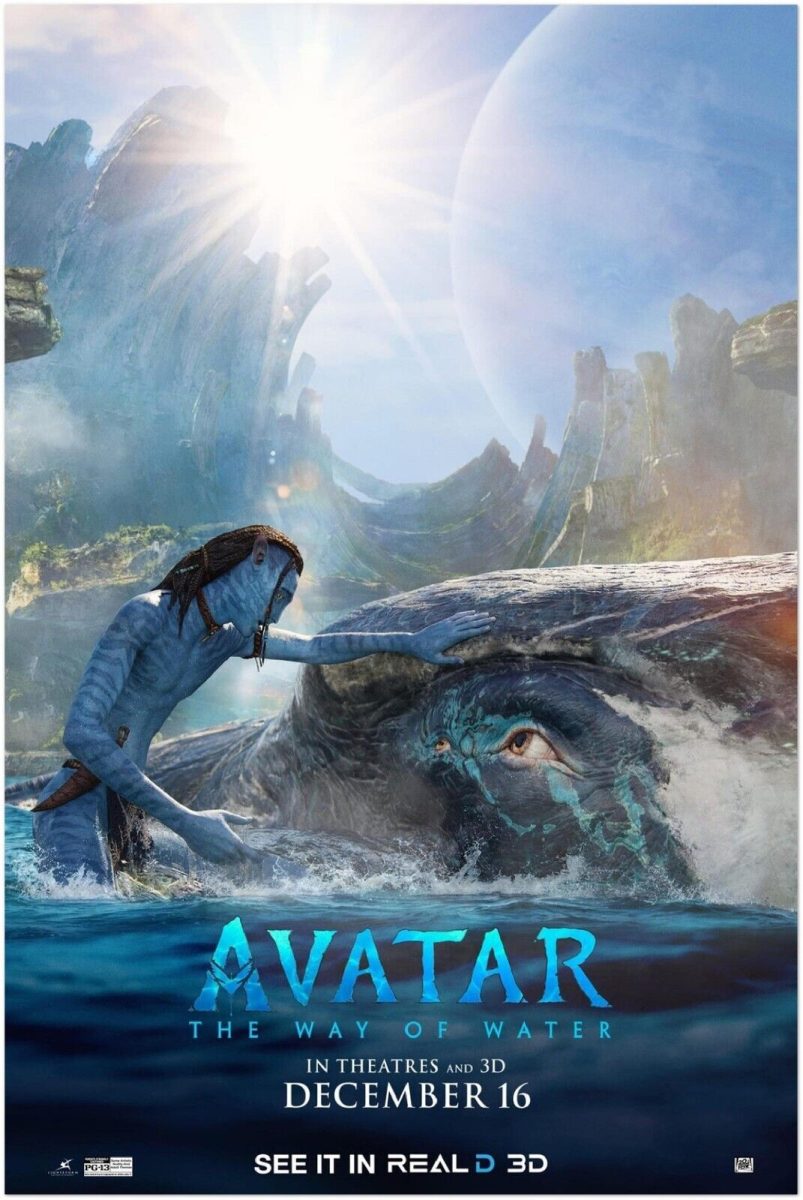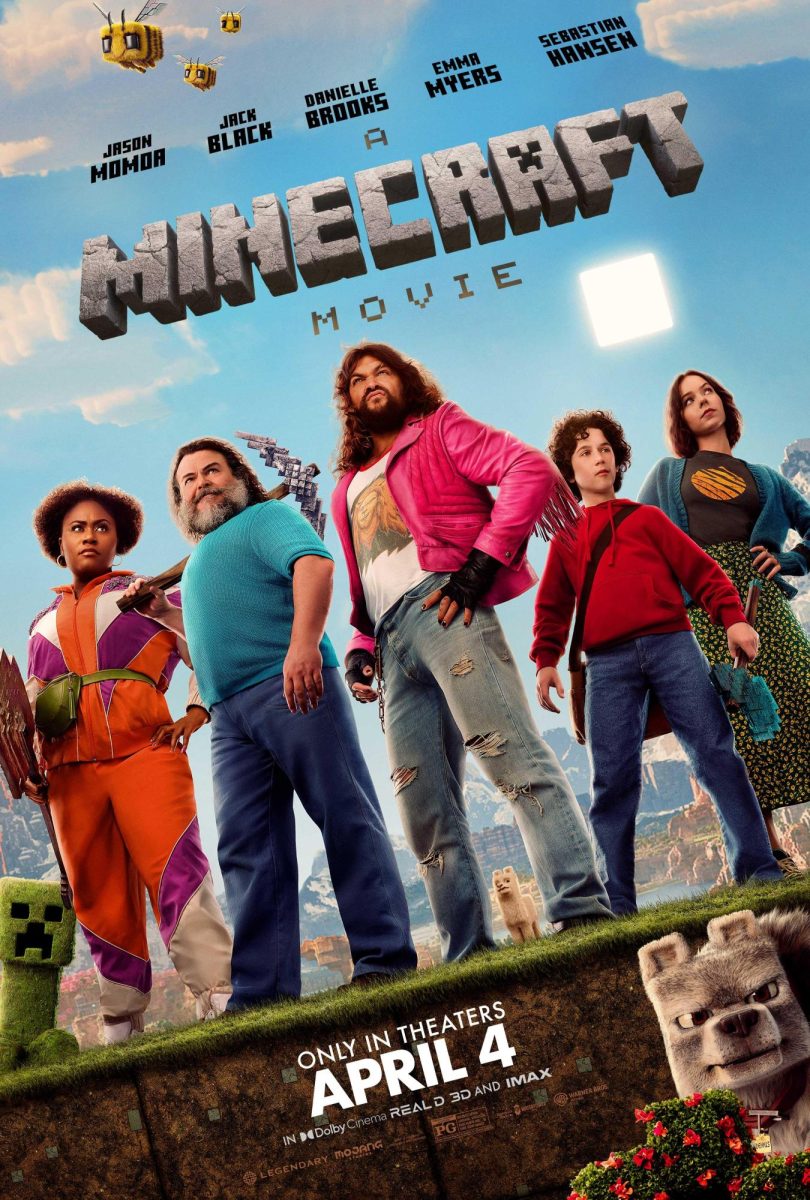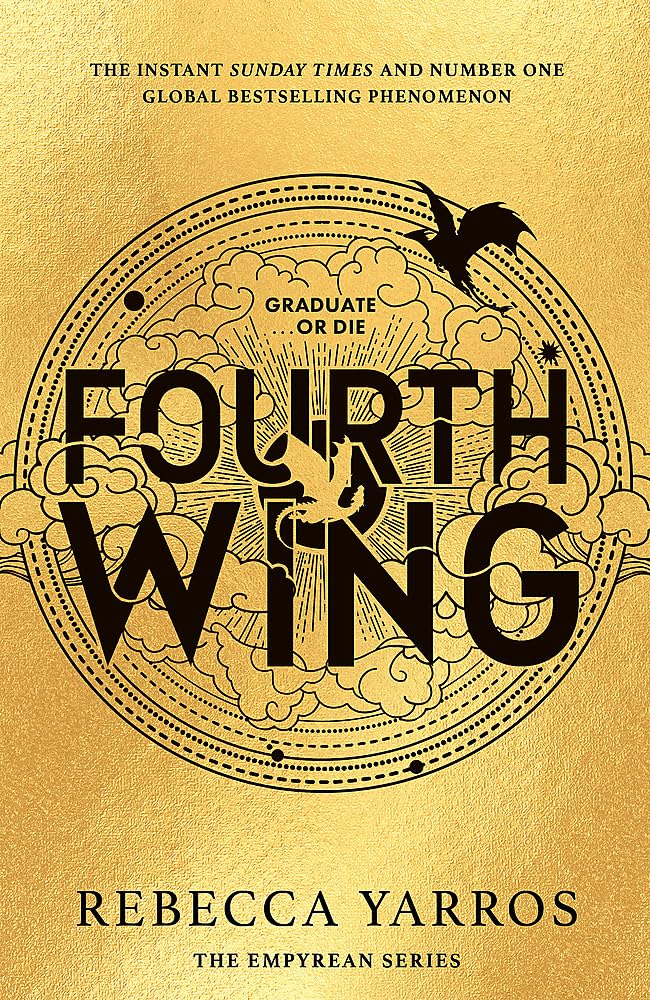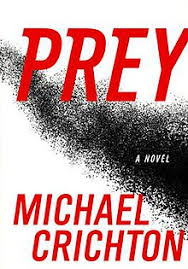
Micheal Crichton’s Prey: Smart, Fun, and Surprisingly Scary
When people look at Micheal Crichton’s legacy, they remember the world-renowned Jurassic Park, which saw most of its fame through the movie adaptation. People looking for a similar story from the same author should put Prey (2002) on their to-read list. The two books are in many ways similar, warning us about intelligent foes as a result of greedy companies pushing the limits. They are both inspired by modern science, but at times, a bit fantastical. The tension and dire circumstances paired with Crichton’s obvious love for science creates a masterpiece that is even better than Jurassic Park, (at least the first book) and much more nerve-wracking.
Overall, the plot of Prey involves Jack Forman working together with scientists to thwart intelligent organisms known as “swarms” that have escaped into the desert. These “swarms” are microscopic nanomachines that form a dense black cloud while flying. Together, the swarm has the combined intelligence of every particle, which allows it to adapt and learn. Prey is unique in that the antagonist is not something you can shoot, run, hide from, or even trick. It’s also sort of a creepy antagonist. The low and deep thrumming sound it makes sweeping over the ground, the animal-like intelligence it possesses, and its ability to manipulate its shape at will? That’s more frightening than any killer clown or mothman in the woods.
Now, if the idea of a killer smart-cloud sounds too absurd to you, the book’s bibliography gives two-and-a-half pages of top-to-bottom sources that cover the book’s inspiration. On top of that, the book explains how complicated science concepts work in a simplified manner, so the reader can understand: “Individual agents…could be programmed to cooperate under certain circumstances, and to compete under other circumstances. They could be given goals. They could be instructed to pursue their goals with single-minded intensity, or to be available to help other agents. However the result of these interactions could not be programmed. It just emerged, often with surprising outcomes.” The depth of the science makes the swarms seem like a less distant threat, and teaches the reader a little bit at the same time.
I really enjoyed how exciting this book was overall. Micheal Crichton has a way of writing that conveys intensely stressful events in a level-headed manner, while not spending too much time on adjectives and letting the reality speak for itself: “I looked back to the anteroom, and saw it was filling with black particles, starting to form a grayish mist in the air. The grayish mist was coming into the airlock as well. I felt the first tiny pinpricks on my skin.” He likes to use short sentences in rapid succession, which makes scenes seem like they are moving faster than they really are.
My only complaint for this book has to do with how unnecessary the beginning of the book was. Sure, it did a good job of establishing characters, but other than that, it’s just a massive device to push Jack out into the desert where the action is. A lot of the events like shopping trips and children bickering just weren’t very relevant to the story, especially because the later chapters of the book don’t have much to do with Jack’s life before the incident.
Overall, Prey is the perfect book for any Jurassic Park fan who isn’t just interested in dinosaurs. It’s exciting, well written, creative, and smart yet not overbearing. Just give it some patience, and you’ll be in for one thrilling ride!


